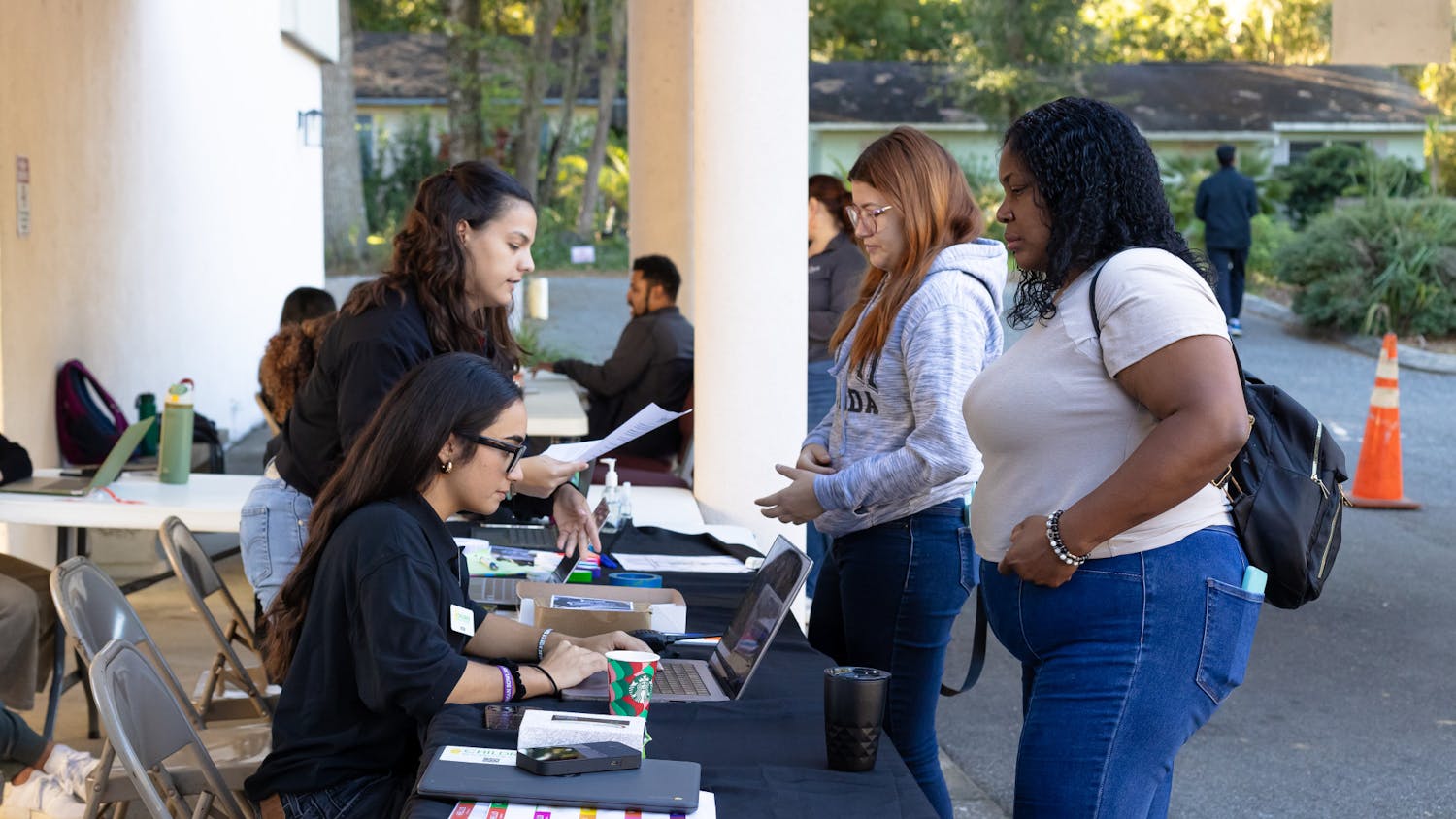If there’s one thing Americans don’t like talking about, it’s death.
We feel uncomfortable even thinking about it, let alone discussing it openly. We would much rather push the thought of death further and further to the back of our minds, choosing to delay any conversations about it for as long as possible. As a result, when we visit someone who is dying, we aren’t sure how to behave or what to say.
Death and dying are difficult and painful topics to talk about, especially for those who have been in the presence of it.
But as challenging as talking about death may be, we owe it to ourselves and our loved ones to have open, honest conversations about the eventual ends of our lives.
According to an Institute of Medicine report released last year, most Americans have not documented or discussed their end-of-life wishes with their families.
Even though 90 percent of Americans thought it was important to have these conversations, not even 30 percent have actually done so. The report, “Dying in America,” also found that the American health care system is still struggling to address end-of-life care.
Not enough doctors are trained in end-of-life care, and some health providers are reluctant to directly address the issue with patients and their families. These roadblocks make it more difficult to treat people with terminal issues in a way that respects their values, beliefs and desires.
“Of people who indicate end-of-life care preferences, most choose care focused on alleviating pain and suffering,” the report reads.
But without advanced planning and medical orders, people may not receive the care they truly want — or they will receive it far too late.
The National Hospice and Palliative Care Organization reported last year that of the 1.5 million Americans who received hospice care in 2013, one-third died or were released within a week of getting it.
This is a sad reminder that our country needs comprehensive education about end-of-life care options. If family members are unaware of their loved one’s end-of-life preferences, they might be hesitant to suggest hospice care if they know little about it and think of it as giving up.
Dr. Craig Bowron summed it up best when he wrote about the difficulties of helping family members accept the end of their loved one’s life: “Our culture has come to view death as a medical failure rather than life’s natural conclusion,” he wrote in The Washington Post.
Recognizing that all lives come to an end, hospice care focuses on making the process of dying as comfortable and peaceful as possible. It provides pain management, emotional and spiritual support and, most importantly, dignity.
From personal experience, I have seen the compassion and comfort that hospice care offers. For both the patients and their loved ones, it can help a great deal to be in an environment that understands the pain and addresses it in the best way it can.
We should all strive to have meaningful conversations about the end of life, even if we feel uncomfortable doing so. In order to provide ourselves and our loved ones the highest quality of life, we have to consider our quality of death.
It might seem morbid to write a column about death, especially in a newspaper mostly read by college students. But that’s the point — we shouldn’t be afraid to talk about it, and we shouldn’t reserve the discussion for people of a certain age.
Hopefully, we will eventually overcome our country’s harmful social taboo of not talking about dying. In doing so, we can normalize the topic and empower members of society to have open and honest discussions about this important part of life.
Moriah Camenker is a UF public relations senior. Her column appears on Tuesdays.
[A version of this story ran on page 7 on 3/24/2015 under the headline “Talking about death an important part of life”]




